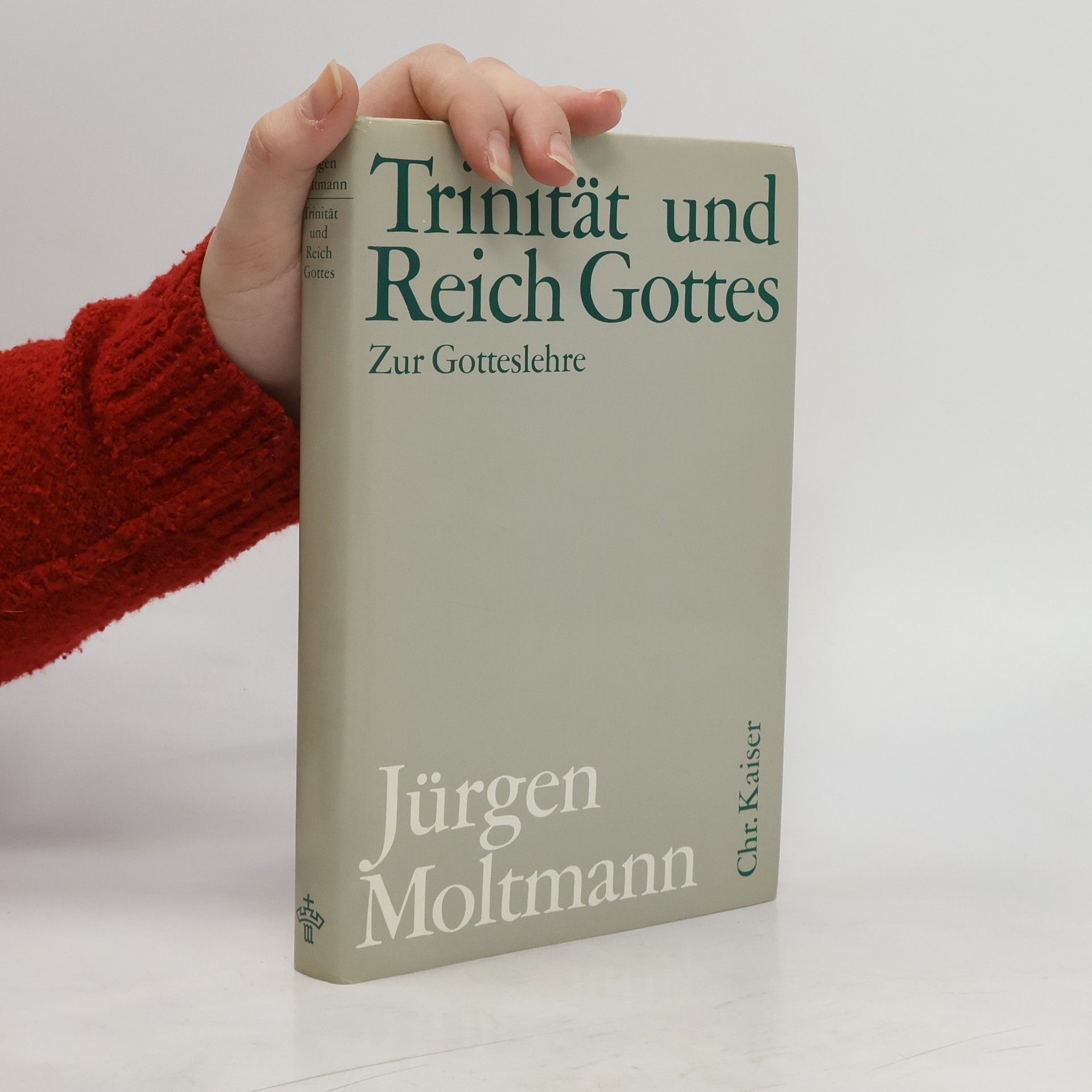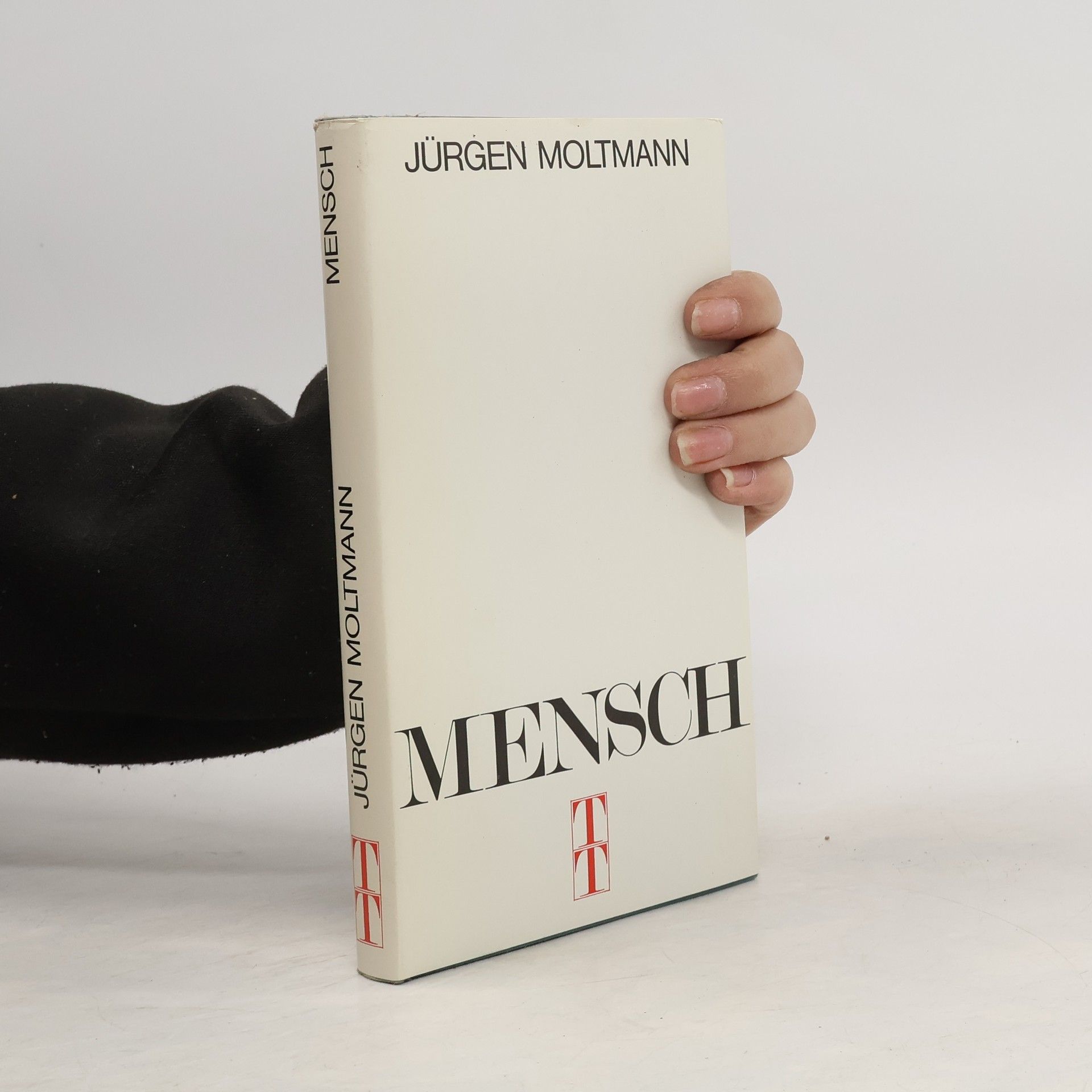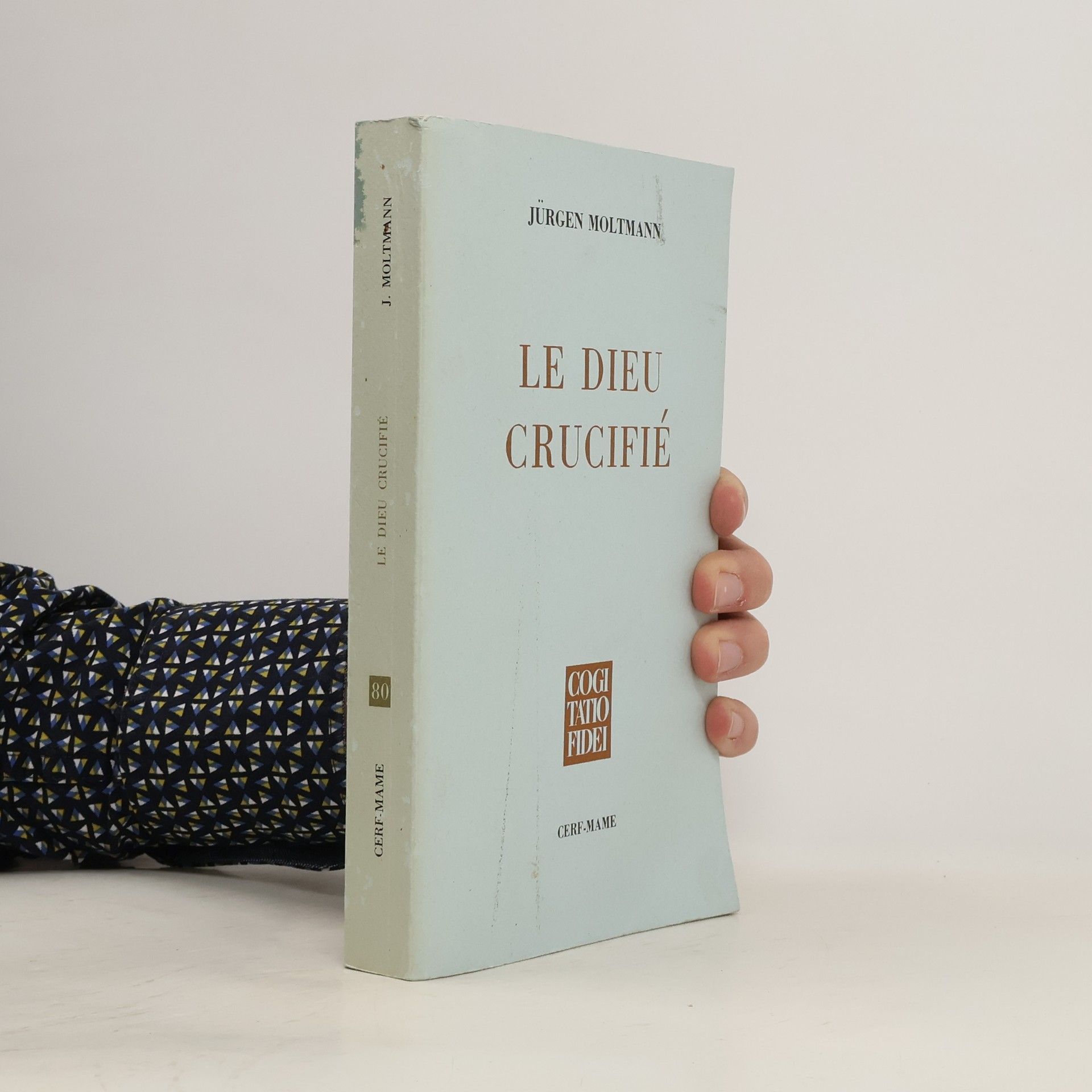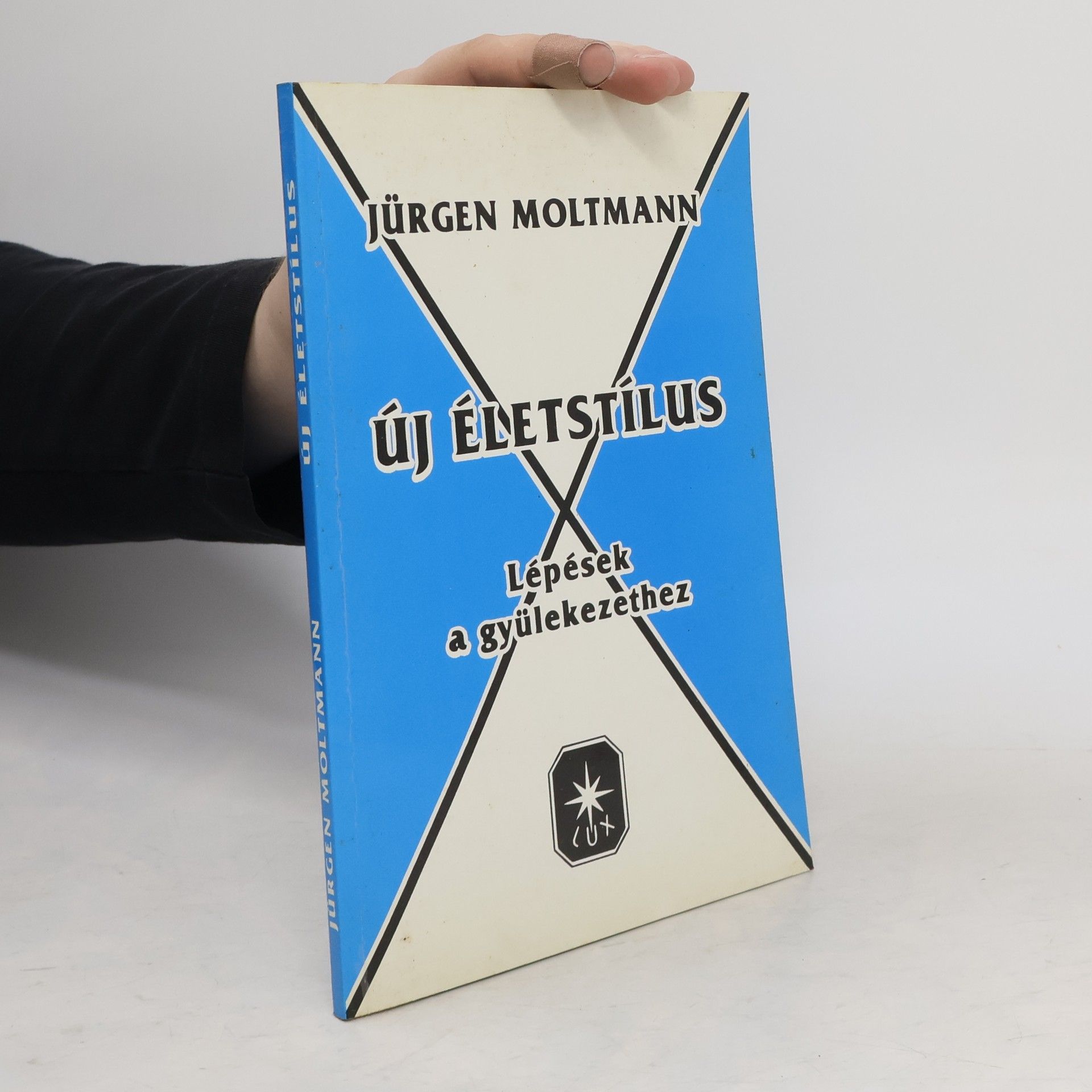Jewish Monotheism and Christian Trinitarian Doctrine
- 94bladzijden
- 4 uur lezen
The book features a profound dialogue between Jews and Christians, addressing one of the most enduring and complex issues that divides the two faiths. Through this authentic conversation, readers gain surprising insights into the realities of both religions, fostering a deeper understanding and connection between Judaism and Christianity. The dialogue exemplifies the potential of genuine interreligious discourse to bridge divides and enhance mutual appreciation.








